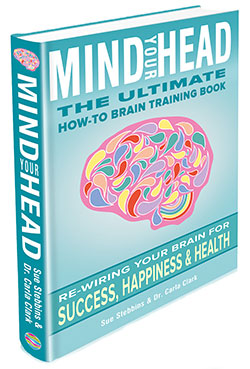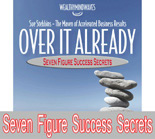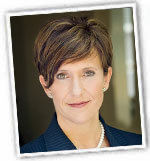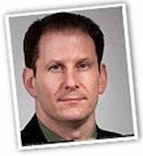True to Our Feelings: What Our Emotions Are Really Telling Us
Robert C. Solomon
Reviewed by Ronnie de Sousa, University of Toronto
Source: http://ndpr.nd.edu/review.cfm?id=11343
In the rest of this review, I will say a little more about Solomon's provocative discussions of love, which may well have got a surfeit of attention in philosophy, and of gratitude, which has not received as much critical attention as it deserves. Both are conditions of which everyone approves, but both raise some disturbing questions. Both are "positive emotions" that richly illustrate the uselessness of that term.
Solomon here argues -- as he has done before -- that love involves a greater element of choice than its description as a "passion" implies. His voluntarist view of love takes that claim to the point of paradox. Falling in love, he insists, "is a process of willful escalation . . . a matter of choice. . . . [conditioned by] multiple decisions each of which leads you a little further. . ." (194). In that way, we can't escape responsibility for undesirable love affairs by claiming to have been swept helplessly away by irresistible passion.
There's an important truth here. But it is only a half-truth: for while we must undoubtedly take responsibility for choices that smoothed the path to erotic love, we can't set out on that path at will. We can decide not to go to dinner, not to kiss goodnight, not to go out alone together rather than with friends, and so forth -- and so be responsible for falling in love when we shouldn't. But in the absence of a spark that is beyond the power of choice to summon, making all the opposite decisions won't manufacture erotic love. Without that crucial spark, one might doubtless embark on a successful marriage, but not aspire to erotic passion.
Solomon has a great deal more to say about love. "Love is not as such irrational," he claims; but sometimes "love crosses the line into irrationality and destructiveness." (56) An example of irrational love is "falling in love with a con-man or a liar, if one can see the truth but refuses to. . . . It is in such cases that 'love is blind.' But this is not usually the case. Usually, love sees more clearly and deeply, with much more attention to and appreciation of details, than ordinary perception." (56)
Others have made the point that love is or entails a particularly attentive species of perception. Yet the Euthyphro puzzle remains: do we love because the beloved has intrinsically lovable qualities, or do we find the beloved's qualities lovable because we love? In some ways, the latter is true: we "bestow" certain qualities on the beloved in much the way that Stendhal describes when he compares it to the accretion of crystals undergone by a twig left in the salt mines of Salzburg (54). But Solomon also stresses that we cannot "bestow" just any properties at will. Some qualities -- sensitivity, kindness, intelligence -- are matters of fact. When we mistakenly attribute some of these qualities to someone that doesn't possess them, "we do (or should) depend on friends and family to tell us when we are making a mistake." (56)
That implies that we can love for the wrong reasons. Among "wrong reasons", Solomon mentions "loving someone for his or her money, or connections, or status, or, for that matter, even for his or her looks" (57). By contrast, "'Because we fit so well together' is an excellent reason, and so is 'Because we share the same sense of humor'." But some of the good reasons are odd: "'because we have been together for twenty years' can be a pretty good reason for love, even if there are cases in which twenty years together is a good reason for not loving the person any more." (58)
My own sense of some of those "reasons" is that they might better be termed 'causes'. Though good reasons must be causes, not all causes count as reasons, and perhaps factors such as money or connections, unlike looks, can't even count as causes. When is a cause a reason? Since the very same fact ("twenty years together") can count as a reason both for loving and not, the sense of 'reason' involved can't be logical or evidential. Perhaps it is akin to the way Arnold Isenberg taught us to think of aesthetic "reasons": as indicating not logically or evidentially sufficient conditions, but as indicating the direction in which to look for the appropriate reason or cause. [1] "These curvy lines render this picture so graceful" does not presuppose or imply that curvy lines anywhere will make any picture graceful. It enjoins us to attend to certain features, direct perception of which will cause us to feel its graceful quality. In much the same way, the sorts of reasons we can give for love are not properties that are intrinsically love-justifying. Rather, they draw our attention to what, for that person, in this case, in those particular circumstances, has caused love.
.
We Make it Easy to Succeed
Successwaves, Intl.
Brain Based Accelerated Success Audios
 |






